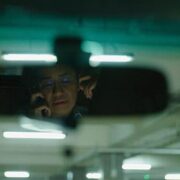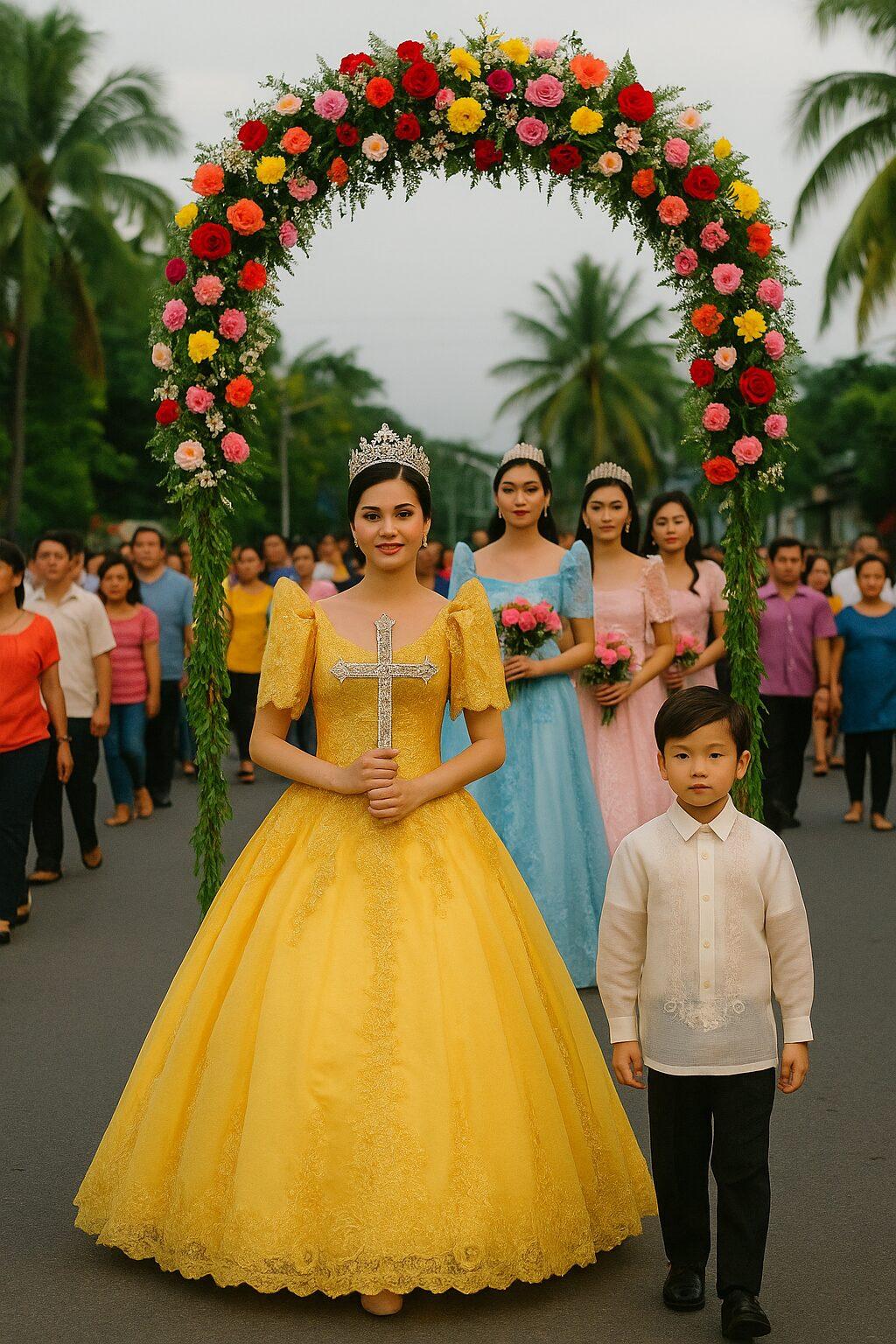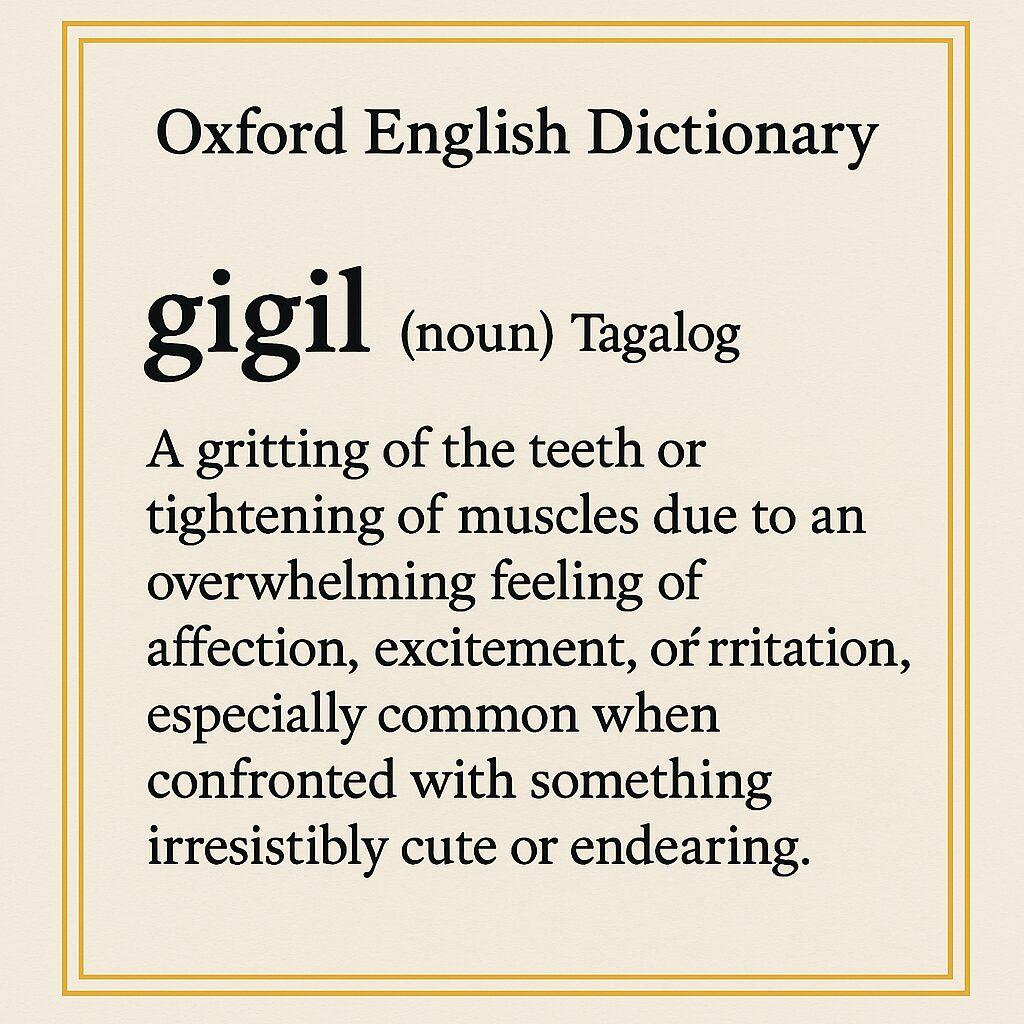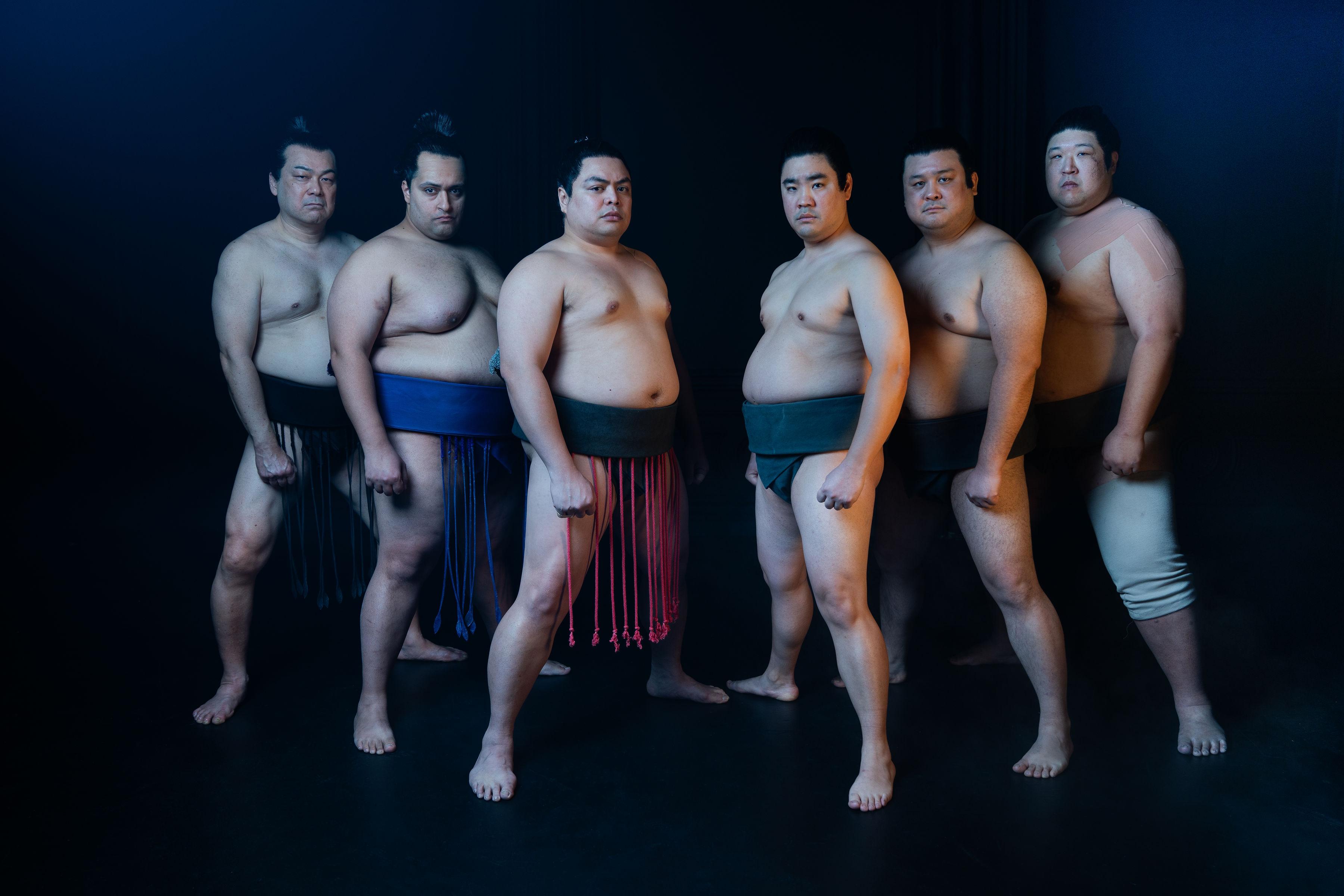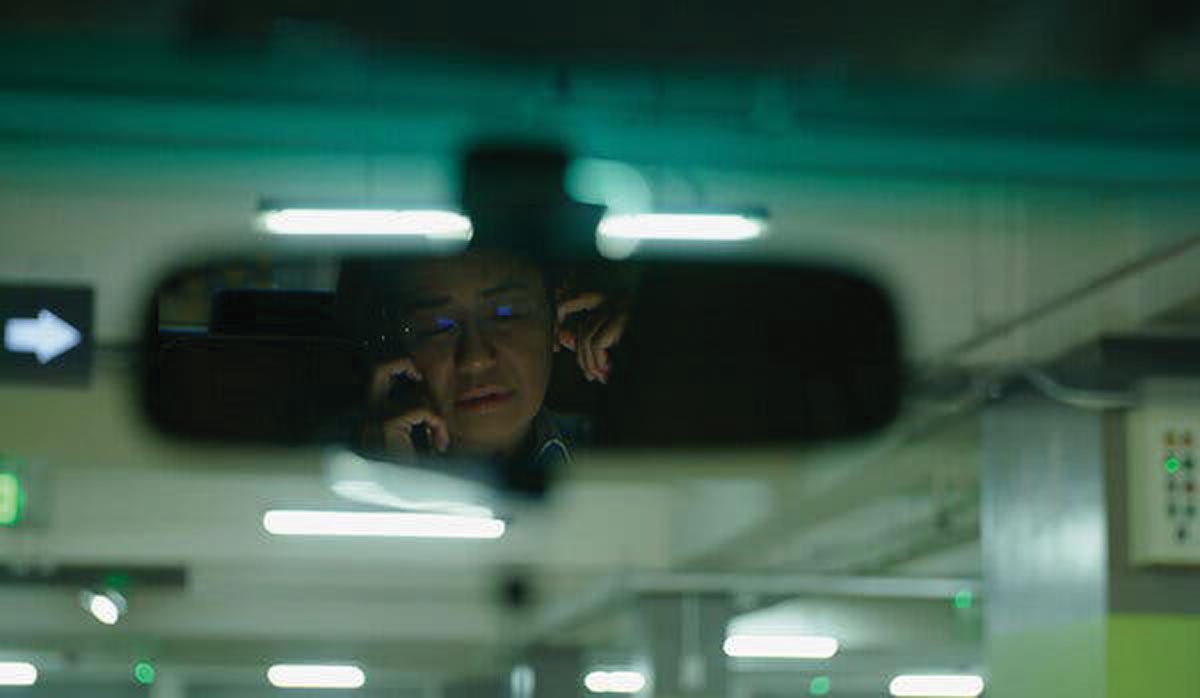
Two years into Philippine President Rodrigo Duterte’s term, Filipina American filmmaker Ramona Diaz set out to make a documentary about the crackdown on illegal drugs that has drawn international attention.
However, the strongman’s war on drugs has become the focus of many films, which led Diaz — whose previous work includes “Motherland,” “Don’t Stop Believin’: Everyman’s Journey” and “Imelda” — to meeting Rappler co-founder and veteran journalist, Maria Ressa, who soon became the “center of gravity” of the project.
The final product is “A Thousand Cuts,” referring to the supposed chipping away of the Philippines’ democracy, a thrilling look at the state of press freedom in the country and Ressa’s role as a vocal critic set amidst the backdrop of the country’s midterm elections in 2019. Duterte supporters, Mocha Uson and former Police General Bato dela Rosa, now a senator, are also highlighted in the documentary.
“After I met Maria, she was also talking about disinformation and impunity and how that intersected with the drug war, which I thought was a more global story,” Diaz said. “With the rise of fascism and authoritarians around the world, it made it more relevant and global.”
“A Thousand Cuts” made its debut at Sundance Film Festival in January and was released virtually on August 7, nearly two months after Ressa and a former Rappler staffer were convicted of a cyber-libel charge. It will subsequently be released on PBS Frontline in January 2021.
In a recent interview with the Asian Journal, Diaz and Ressa talked about the making of the film and how the lessons from the Philippines can resonate with a global audience. The interview has been lightly edited and condensed for clarity.
AJ: First for Ramona, after you finished the documentary, how did you decide to take the festival route and get PBS on board for distribution?
Ramona Diaz (RD): I moved to the Philippines to look for the story in 2018, found the story and went back twice in the span of that year. Then, we shot principal photography in 2019 and then we got into Sundance so our post-production was cut short. Usually I have a post-production of like 10 to 11 months but this one was really curtailed because we got into Sundance so we had to rush, like four and a half months. PBS Frontline saw it at Sundance and shortly made an offer. I think we had 13 festivals in the spring and then COVID-19 happened.
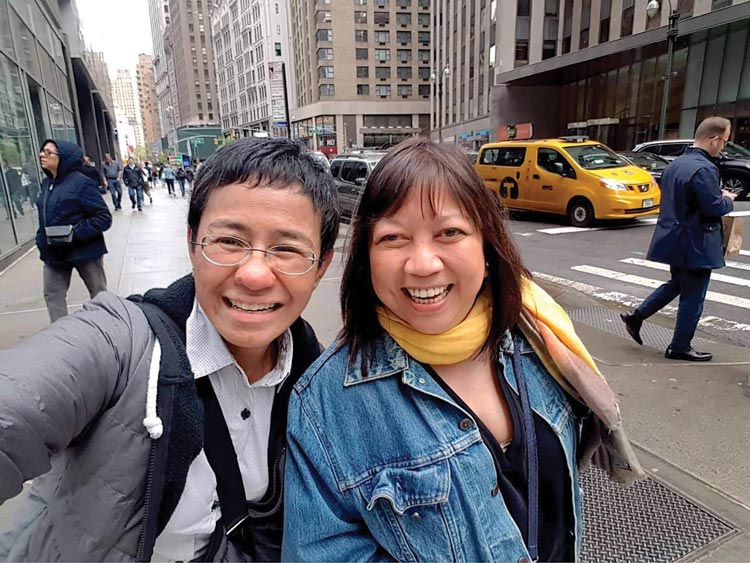
AJ: For Filipino Americans here in the U.S., there’s still this connection back to the news in the Philippines, yet they are physically distanced from there. What do you want the community to know following the film?
RD: If you watch the film, it’s an immersive experience. It is both a global story and a very specifically Philippine story. I’m not into messages necessarily. I’m into experiences if you get the experience of what it was like to live in Maria’s shoes in the most beleaguered time of her life when she was arrested twice and the backdrop of the midterm elections, which is always crazy to begin with in the Philippines. So to me, it’s a perfect backdrop because it shows local color and people are also out and about so it’s kinetic and cinematic.
So just watch it, be there, and feel it. I think messages are really informed by personal history, by lived experiences. But really listen, understand what fake news and disinformation [are], what the drug war is about and how Duterte gets people…Just listen and let’s have a conversation after that. I think my job as a filmmaker is to give you an experience and you come to your own conclusion. I’m not saying it’s purely objective — it cannot be — because film resists objectivity and it’s very subjective. But I’m not very explicit when it comes to that.
AJ: Maria, in recent weeks, we’ve read about your case, the shutdown of ABS-CBN and President Duterte’s SONA. As Filipino Americans here in the US, again, there’s this connection, but how do we reconcile this dual identity and interest in what’s happening on the ground and with this sometimes romanticized view of the Philippines and that love of country?
Maria Ressa (MR): By next year, I’ll have been a journalist for 35 years and…at no other time can I remember our two countries, the people in our two countries, the manipulation online of the people in our two countries, be in such identical situations. Love of country is not our beaches or yes, we’re proud of the Philippines. It feels like home and it’s why I chose it as my home. But if you’re like me, you feel most Filipino with Americans and most American with Filipinos, right? I’ve struggled to pull those things together.
But the difference I think today is that our foot in each world gives us a very unique perspective of the trends [and] the patterns of what our democracies are going through. I think the second one is…you can’t even say at any point that tens of thousands of people killed in the drug war is acceptable, that sexist, misogynistic language from the leader of a country is accepted, or that… people who want to stand up for their rights that they get arrested or they get teargassed. There’s a line that is being crossed in both of our countries. So I think the first is to recognize the similarities and the second is recognize…the biggest difference between the United States and the Philippines is that our institutions were significantly weaker than the United States. So the battle for us is for our lives.
Definitely, for me, it’s my life and freedom. You [Filipino Americans] are powerful soldiers in this battle, partly because you come from both worlds. So I think relish that, understand your power and help hold the line. I say this all the time because we need to protect our rights that are guaranteed by the Constitution in the Philippines and the U.S.
As you know, the Philippines was patterned after the United States so we have a Bill of Rights. The difference here is that our institutions have essentially collapsed. We have the most powerful leader we’ve ever had. The Philippines is now a dictatorship masquerading as a democracy with rule of law. I hope that love of country gains these colors. I didn’t know what that meant until I came under attack. You don’t really know who you are until you are forced to fight to defend it then you will draw your own lines. We choose to create the world we want and that’s the upside of this time period. I hope Filipino Americans look and realize the ties because your ties that bind are positive and are still strong, like Ramona’s or mine. Don’t stop with the beauty of the Philippines because it masks such violence.
MR: The shutdown of ABS is unthinkable. We see the government really taking advantage — it’s opportunistic and consolidating power. Yes, it can make you afraid but it is also something history has taught us: the more oppressive a government becomes, the more resistance to it grows. That’s what we’re starting to see as people who didn’t really care before now care. It’s funny, it’s been four years that we’ve been under attack but people who are in Rappler chose to be [here]. We are stronger and the mission and sense of purpose are so clear. Fear and violence will have an opposite effect…I’m not a rebel without a cause. I want to see the Philippines do well in the fight for COVID. I want to see the president to be wise and build an inclusive society. I want to see him let journalists do our jobs because every time they attack journalists, it makes me think that they have something to hide.
Please focus because where our president goes, our entire nation goes. So having said that, this is a rallying cry for journalists. The risks are greater, but the stakes are higher.
AJ: After watching this documentary, what’s the call to action? How can viewers stay engaged and keep a watch on what’s happening with Rappler and Maria?
RD: There’s a coalition of some 80 organizations, the Hold the Line coalition. That’s one way they can really get involved and stay in touch. They should sign up for that. It’s so hard to just keep the story alive because there’s so much happening, there’s so much noise. So that’s one way of really just been shining the light on this story, which is key. Just keep the story alive.
MR: Please hold Silicon Valley accountable because if you don’t, the poison or virus of lies will continue infecting all of us and that is global. Journalists can’t even begin to do our jobs if lies laced with anger and hate spread faster and further than the stories of facts.
Number two is, please help us keep shining the light. The only reason I think I’m still “free,” kind of, because I think my government forgot I spent a lot more time outside the Philippines and so people are doing our stories. Thank you for that. Ramona is now the major rabble-rouser. The third is, sign the petition for Hold the Line and we also have a crowdfunding campaign [for] our legal fees. We wouldn’t have been able to pay this so it’s from the kindness of strangers. That to me puts my faith back. I think people know what’s right and wrong. But power and money are very big incentives. In the Philippines, it’s been really hard to get beyond what the Duterte administration has done and to punch through the fear.


